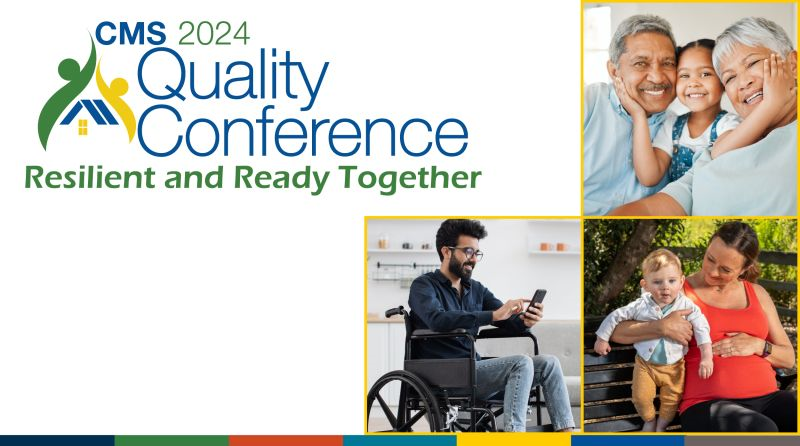
It was an exciting few days attending the 2024 CMS Quality Conference – catching up with old friends and meeting new friends, attending informative presentations, and engaging in insightful discussions. One clear message that transcended the sessions was that the pandemic brought about new technology and the need to be more flexible to “meet patients where they are”. Even though the pandemic has subsided the “horse is out of the gate” so to speak and we will continue to advance in this direction over the coming years.
There were several few key themes that emerged:
Equity and Engagement
- Equity is truly about ALL people. The legislation is flexible and enables issues to be defined at a local level with the understanding the equity issues will vary between inner-city and rural areas and across different geographies.
- There is growing support to provide payment for community services that address health related social needs. One particular challenge in addressing equity issues in this area is the lack of community services available in some geographic areas. Although equity gaps can be identified there may be a desert of social services that are essential address identified needs.
- CMS has launched the Rewarding Excellence in Underserved Populations (REUP) program which is an upside-only monetary award for organizations that treat a high percentage of underserved populations.
- Patient centered care is a focus across all agencies. Policy makers have made a commitment to include the patient and caregiver voice in program development. Additionally, patient experience measures are being expanded and programs are extending payment to include support such as caregiver training.
Outcomes and Alignment
- CMMI was heavily focused on improving costs over the first 10 years and is shifting to focus on quality over the next 10 years.
- There is a commitment to align measures both across CMS and with other agencies such as the Joint Commission, ONC, and AHRQ to reduce the reporting burden on providers.
- One step in this direction was the creation of the Universal Measure Set which streamlined quality measures across the various CMS quality initiatives. CMS is developing population-specific “add on” measures that are applicable only to specific care settings.
Safety and Resiliency
- The definition for harm needs to be expanded to include emotional and psychological, financial and socio-behavioral harm in addition to physical harm across both patients and the healthcare workforce. We have seen a concerning increase in healthcare worker safety events over the past few years.
- A culture of safety is strongly correlated with high levels of workforce engagement and improved patient experience.
- There has been an increased focus on maternal and infant safety across HHS.
- The soon to be released 13th Statement of Work includes the provision of resources for workforce safety and for quality performance improvement activities.
Interoperability and Scientific Advancement
- Interoperability continues to be a challenge, but we are making advancements to break down data silos and improve consistency across data sources. These steps are critical as we are striving to collect the right data at the right time to support informed care decisions across the continuum of care.
- There has been a shift towards digital quality measures to reduce the burden of data collection. These digital measures are also able to be integrated with other clinical data to evaluate the relationship of process measures with outcomes.
- CMS is dedicated to advancing science, analytics and technology. There is a focus on increasing the data and research that support evidence-based care. Additionally, there is an interest in leveraging predictive tools to support more individualized, patient-centered care.
- Real world data is a powerful resource to identify health gaps and to evaluate the impact of programs on closing those gaps.
- AI will inevitably be a part of our future and it is our responsibility to help focus on the responsible use of AI in healthcare. Generative AI has current limitations in the form of reproducibility and explainability and can be prone to “hallucinations” that could be harmful in clinical practice. We should work to advance the field forward while addressing these limitations and limiting risk.
- Models are only as good as the data that are used to train them. We need to work to mitigate bias in the data that is used to train AI tools.



